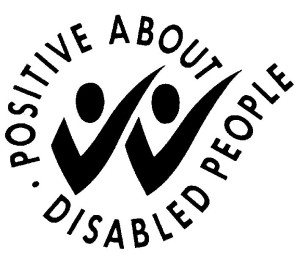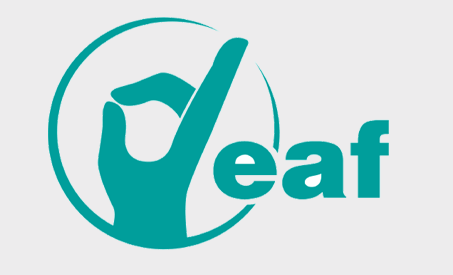To be deaf, or not to be deaf? That is the question…

The job market is competitive. And it’s challenging enough for non-disabled people to get interviews for a job, never mind those of us who have hearing loss.
As deaf jobseekers we have to decide whether or not to mention the fact that our hearing is less than perfect. Under the Equality Act 2010 it is illegal for recruiters to discriminate on the basis of a candidate’s impairments. But that’s hard to prove, and discrimination isn’t always conscious. So, how and when do you declare that you are deaf without jeopardising your chances of getting the job?
Tina Lannin, deaf owner of 121 Captions and a qualified career coach, offers her advice:
Don’t…
Mention you are deaf on your CV or application. In fact, you don’t have to mention any impairments at any point during your job application if you don’t want to.
One exception to this is where the organisation is a member of the ‘two ticks’ scheme. This ‘positive about disabled people’ symbol means that if you disclose that you are deaf and meet the basic criteria for the job you will be guaranteed an interview.
Do…
Consider leaving your phone number off your CV or application form if you struggle to hear calls. Even if you ask to be contacted by email, chances are you’ll still be called. If an application form absolutely requires your phone number why not use a professional answering service to take calls, or an answering machine.
Don’t…
Prejudice your chances at interview by trying to ‘wing’ it, even if you are an amazing lip reader. If you need communication support at your interview this is the point at which you should disclose that you are deaf. The good news is that Access to Work should cover the cost of the support you need.
Do…
Be positive if and when you disclose that you are deaf. If you tell a potential employer that your hearing loss means you can’t do x, y and z then don’t be surprised if it puts them off. Instead, educate them. Explain to them that being deaf isn’t really an issue because of the technology and many work-arounds there are. An excellent way to do this is to demonstrate how you dealt with any challenges in previous roles. Leave it to the employer to raise any objections, and gen up, ready to respond positively if they do.
And finally,
Do…
Boost your confidence with expert support. If you’ve just seen your dream job advertised and are desperate to get it, or you want to make a career change but don’t know where to start, speak to Tina. With a Postgraduate diploma in Career Education, Information and Guidance in Higher Education, Tina offers career guidance, help writing CVs, practice interviews, and an insight into psychometric testing.
What’s your experience of applying for jobs as a deaf person? Tell us about the good and bad below.

Lisa Caldwell works freelance as an accredited Phonak Roger Pen trainer with Credo Communications.
You can catch up with her at credocommunications@gmail.com











Leave a Reply
Want to join the discussion?Feel free to contribute!